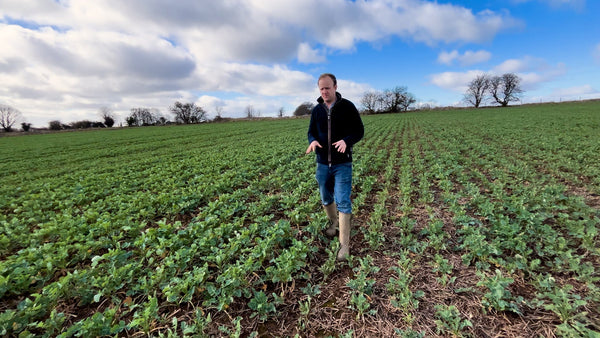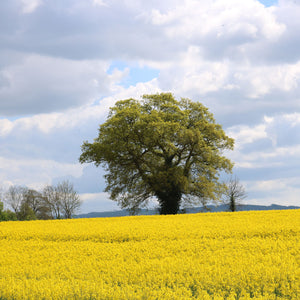The Challenges of Farming: Adapting to Changing Weather Conditions
Mar 20, 2025
The Impact of Wet Weather on Farming
"Farming has been incredibly challenging because of the wet weather that we’ve been having for the last 18 months to two years," Charlie explains. "These conditions have allowed certain weeds and pests to thrive, and we haven’t been able to get onto the land when we’d like to, to control them." Excessive moisture creates an ideal environment for weeds and pests, making it difficult to maintain healthy crops. Limited access to fields due to waterlogged soil further complicates weed and pest management, leading to potential crop losses.The Struggles of Growing Rapeseed
One of the most significant difficulties this year has been establishing rapeseed. "Some fields were lucky—we got it in early, and then the rain came. But in other areas, we’ve sadly had to write off the crop," Charlie says. The unpredictable weather played a major role in these losses. "We planted it, but it didn’t rain for eight weeks. Then, just as there was a little moisture and the plant started to emerge, the dreaded Flea Beetle arrived and started eating it."Battling Flea Beetle and Black Grass
Pest infestations and weed growth remain ongoing concerns. "Flea Beetle and Black Grass are our biggest issues, not just with rapeseed but across the farm. We’re trying to control them, but it’s very difficult due to the changing weather." Black Grass, a particularly aggressive weed, thrives in wet conditions and competes with crops for nutrients and space. Flea Beetles, on the other hand, can devastate young rapeseed plants, making pest control strategies crucial. Field of Rapeseed in the Cotswolds
Field of Rapeseed in the Cotswolds





